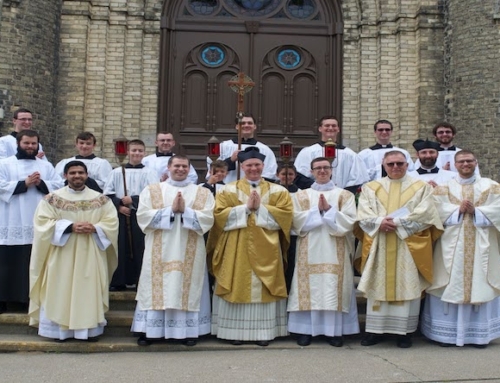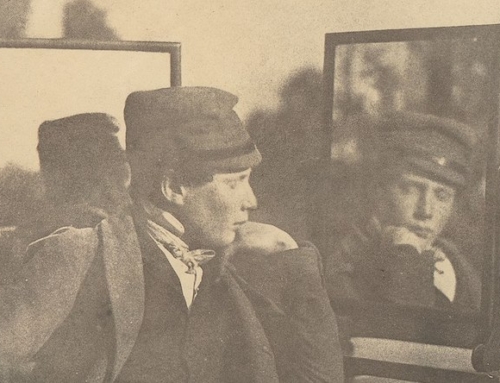When the Kansas City Chiefs won the Super Bowl in 2020, CEO Clark Hunt exclaimed, “I want to thank the Lord for blessing us with all these incredible people to bring this trophy home.” He gave credit and thanks to God for their triumph. The next year the Buccaneers won and wide receiver Scotty Miller declared similarly: “First and foremost, all glory to God, my Lord and Savior Jesus Christ. Wouldn’t be here without Him.”
But what about the losers? We rarely read about athletes praising God in the throes of defeat. It’s not surprising—why would we be grateful for misfortune? “Thank God for making me and my teammates the second-best at throwing and catching a football this season.” It sounds absurd! Can we really be thankful to God for not giving us the superior skill and all the glory that could come with it?
Consider Saint Paul, who did just that. Although God inflicted him with trials and abasements—“imprisonments, . . . beatings, and numerous brushes with death,” among other tribulations (2 Cor 11:23)—Paul nevertheless understood that his greatest advantage was his frailty. He writes, “If I must boast, I will boast of the things that show my weakness” (2 Cor 11:30). It was in his weakness that Paul derived his strength because it most closely conformed him to Jesus Christ, who embraced the weakness of his humanity to save mankind. By way of his humility, Paul became a true manifestation and sign of Christ (2 Cor 12:9).
God sometimes grants to certain individuals a special grace of humiliation, abandonment, or disappointment, and he does so out of love. These can be moments of suffering—profound, interior suffering. Saint Peter explains, “Do not be surprised that a trial by fire is occurring among you, as if something strange were happening to you. But rejoice to the extent that you share in the sufferings of Christ. . . . Whoever is made to suffer as a Christian should not be ashamed but glorify God because of the name” (1 Pet 4:12-13, 16). When we can unite these sufferings to those of Christ on the cross, they draw us close to him. A simple prayer can accomplish this, like “Jesus, I offer you all that I am enduring, and I trust you.”
In our own time, who better understood the closeness by which suffering can draw someone to Christ than Mother Teresa? Reflecting on her own life, she wrote, “Sorrow, suffering is but a kiss of Jesus—a sign that you have come so close to Jesus that He can kiss you. I think this is the most beautiful definition of suffering.” We too can allow Christ to “kiss us” with affliction, which, at first glance, may seem without purpose, but can ultimately help us on our way to salvation according to God’s divine plan.
When Christ’s kiss of suffering reaches out to us, will we respond with a welcome embrace? Or are we only grateful to God in our successes, like so many of our sports heroes? It is in those moments, when we cling to God in times of trial, that, in the words of Mother Teresa, we “have the chance for greater love.” Love God and let him love you.
✠
Photo by Chaz McGregor on Unsplash







